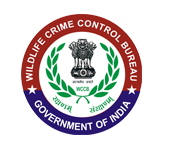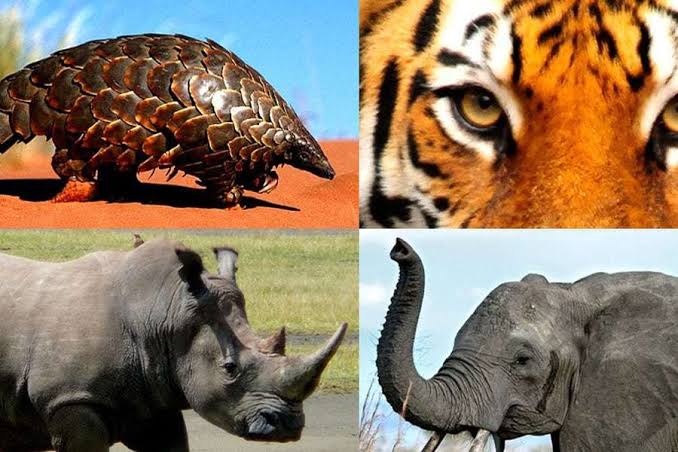- BY tictac
- POSTED IN Jungle News
- WITH 0 COMMENTS
- PERMALINK
- STANDARD POST TYPE

While poaching and wildlife crime are on the rise with high-tech criminals posing new threats online, the Wildlife Crime Control Bureau (WCCB), a Central wildlife crime investigation agency, is grappling with lack of staff. Of 109 sanctioned posts, at least 38 are lying vacant. Shockingly, the Bureau, an arm of the Union Environment Ministry, which was set up way back in 2007, does not even have a public prosecutor. Acute shortage of inspectors, constables and clerical staff are also hampering its day-to-day functioning, including collecting and collating Intelligence related to organised wildlife crime.
Recently, the WCCB submitted an ambitious proposal to the Government to sanction 125 additional posts to effectively combat growing wildlife crime in the country. Various studies estimate the illicit wildlife trade to be worth about USD 5 billion, the fourth largest smuggling market on the transnational crimes scene (after drugs, weapons, and human trafficking). Various seizures point to the large and international nature of illegal wildlife trade in India. They also illustrate the increasingly organised and sophisticated operations of criminal syndicates involved in the trade. For instance, in March this year, in Maharashtra alone the WCCB along with an NGO cracked down on 19 cases of illegal wildlife trade including star turtles, parrots, cobras and sand boas between 2016 and 2017. The country’s overall wildlife crime scene is alarming. Even the number of species that are poached or illegally traded in the country increased from 400 in 2014 to 465 in 2016.
Both the country’s national animal and bird are at high risk. In 2016, 50 tigers were poached, which is the highest in the past decade. Meanwhile, 340 peacocks were killed because of poaching between 2015 and 2016, which 193 per cent higher than that of 2014. Blackbuck, blue bull, chinkara, elephant, leopard, rhinoceros, spotted deer, and the wild boar are also highly threatened. Even turtles and pangolin are at high risk. Around 37,267 turtles were seized between 2015 and 2016. In January this year, the Special Task Force of the Uttar Pradesh Police seized 6,430 endangered soft shell and flap shell turtles from a house in Amethi district. This was believed to be one of the largest turtle hauls in the country so far.
A report titled “The Environmental Crime Crisis,” which focuses on the consequences of environmental crime, argues that the situation has worsened to the extent that the impacts of illegal wildlife trade are now acknowledged to undermine not only the environmental but also economies and livelihoods, governance, and the rule of law.


